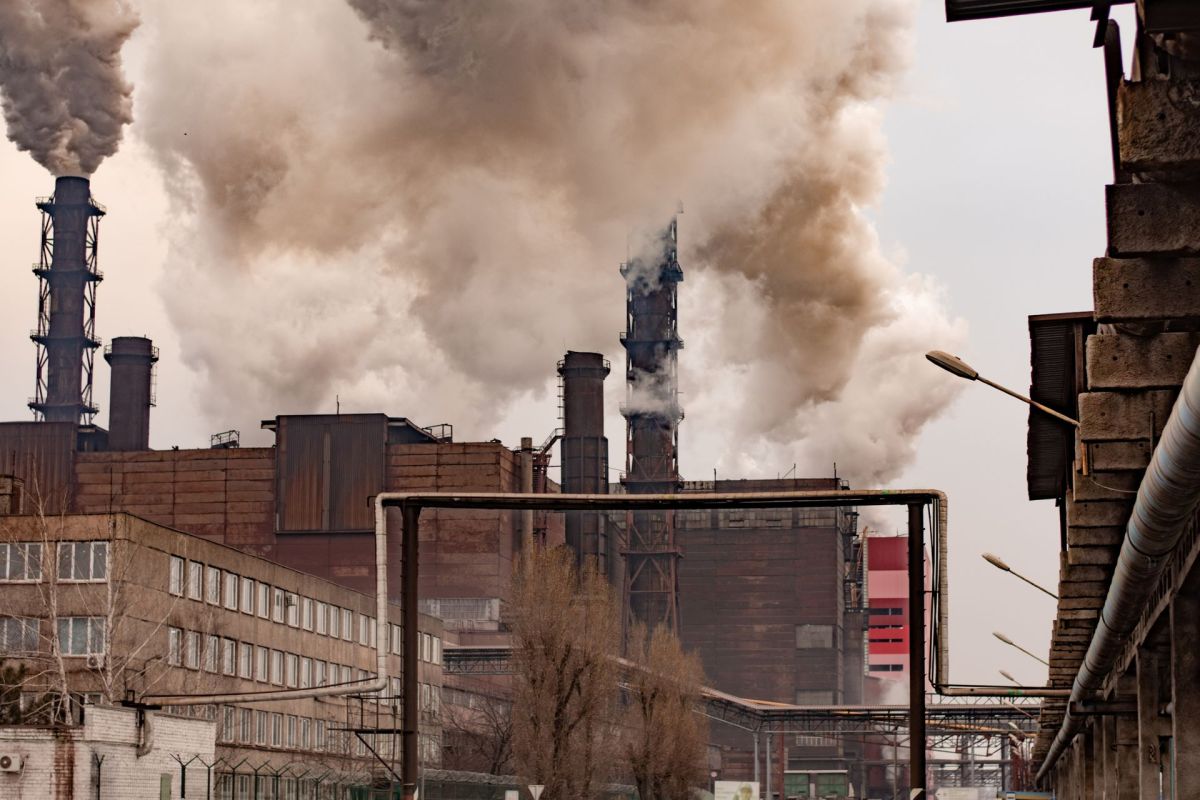A promising breakthrough in sustainable energy not only aims to reduce pollution that harms the environment, it also aims to use that pollution.
Researchers from the Illinois Institute of Technology, the University of Pennsylvania, and the University of Illinois, Chicago, have developed a system that can convert carbon dioxide pollution into propane.
The breakthrough came in the form of an electrolyzer that does the conversion in an easily expandable and relatively inexpensive way, considering the benefits it could bring to society.
What makes this electrolyzer special is that it uses common, inexpensive materials to make a more energy-dense product. Previous attempts at such a feat have only produced low-energy density compounds like methane.
This new process will produce the building blocks for propane, which has many uses, from heating water and drying clothes to powering farm equipment and aviation.
Mohammad Asadi, assistant professor of chemical engineering at IIT, who spearheaded the research, said: "Making renewable chemical manufacturing is really important. It's the best way to close the carbon cycle without losing chemicals we currently use daily."
Matteo Cagnello, an assistant professor of chemical engineering at Stanford who led similar research in 2019, described the closing of the carbon cycle at the time, saying: "One can imagine a carbon-neutral cycle that produces fuel from carbon dioxide and then burns it, creating new carbon dioxide that gets turned back into fuel."
If this process can be scaled up and expanded commercially, it could help the United States reach its goal of cutting harmful pollution by 50% from 2005 levels by 2030 and reach the global goal of net-zero emissions by no later than 2050.
Asadi has collaborated with SHV Energy, a global propane distributor with multiple renewable energy projects underway, to expand the system.
Keith Simons, head of research and development for sustainable fuels at SHV Energy, said: "This is an exciting development which opens up a new e-fuel pathway to on-purpose propane production for the benefit of global users of their essential fuel."
Join our free newsletter for weekly updates on the coolest innovations improving our lives and saving our planet.









